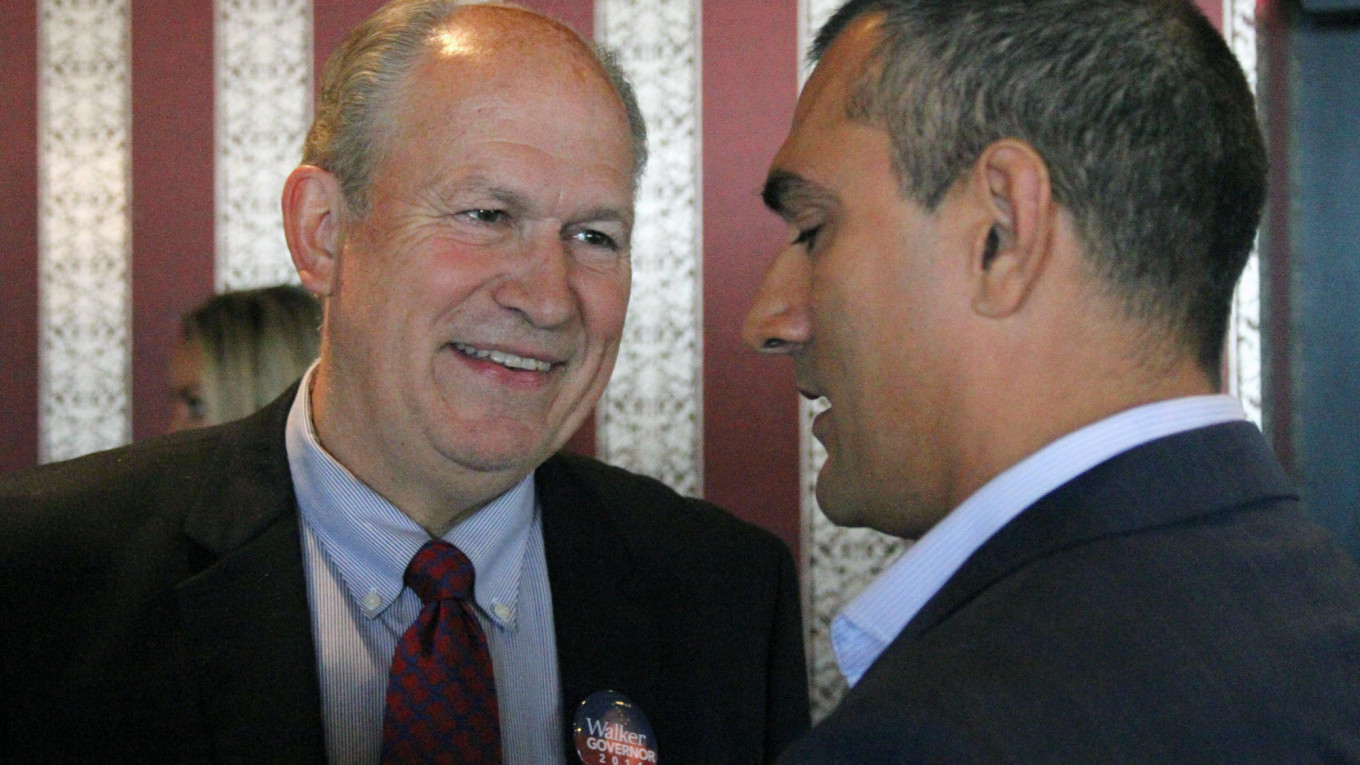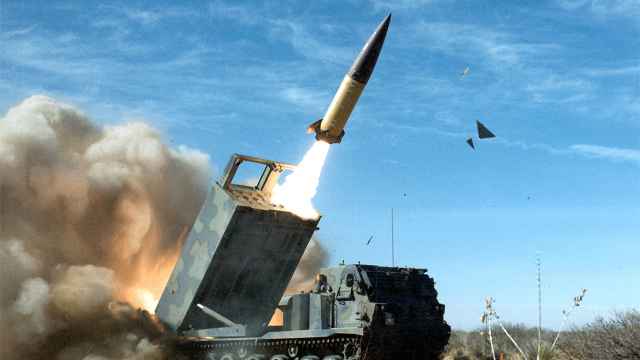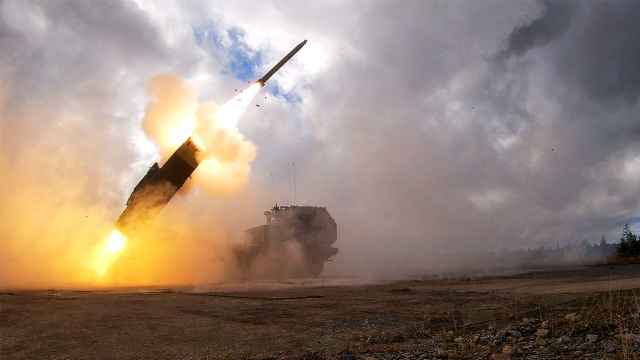On Thursday, we published an article titled “Russian Media Distorts Comments by Alaska State Official,” describing a report by the news agency RIA Novosti about comments Craig Fleener, Alaska’s senior advisor for Arctic policy, made in Arkhangelsk this week.
We at The Moscow Times understand that there may have been some confusion about Mr. Fleener’s remarks, which RIA Novosti summarized in the following way: “Alaska might be better developed today, if it were under Russian control.”
It would have been an extraordinary claim by a U.S. official, which is why we reached out directly to Mr. Fleener for clarification. This is the response he sent us:
Thank you for the opportunity to correct the message.
The question posed to me was ‘“Do you think Alaska would be more or less developed if it remained a Russian territory?”
My response was that Alaska is a very long distance from the developed part of Russia and therefore would not have likely been more developed. Developing very remote regions is very expensive, especially in the far north. Compare Alaska to Chukotka where there is limited development. However, I added that it likely would have been developed as a point of national defense because of its proximity to Canada and the U.S., and there are a lot of oil, gas and minerals that would have been developed, as well.
There was also this exchange on Twitter:
As we explained in our report on Thursday, Fleener said he believes Russia wouldn’t have abandoned the region entirely, in light of its natural resources and importance to national defense, but he does not think “Alaska might be better developed today, if it were under Russian control.”
RIA Novosti and the other news outlets that recycled its original report misrepresented Fleener’s comments. Then RIA Novosti changed the headline of its story, which was initially “In Alaska, Announcement That the State Would Be More Developed Under Moscow's Control.” The same article is now titled, “Advisor to the Alaska Government: We Value Our Ties to Russia.”
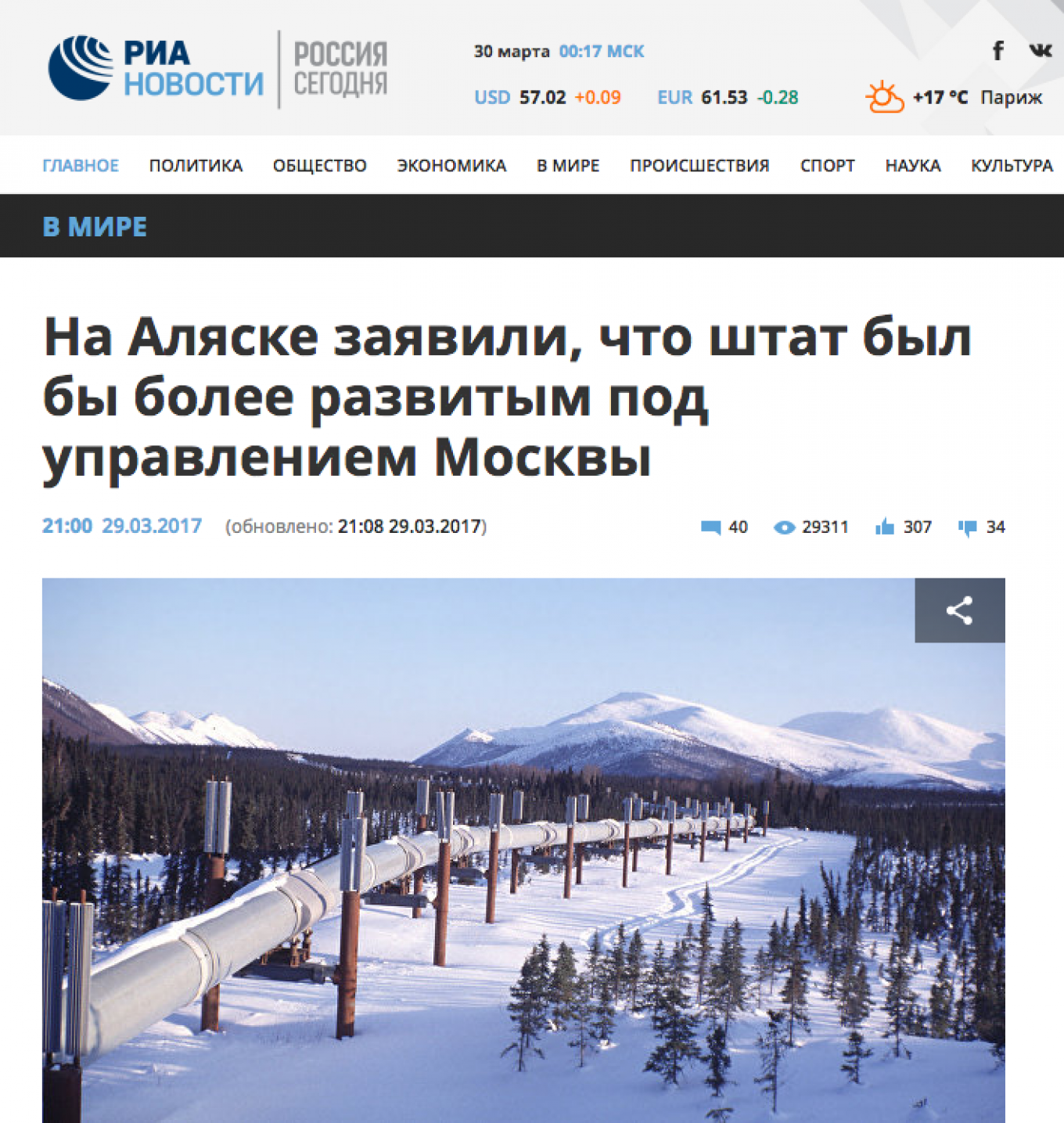
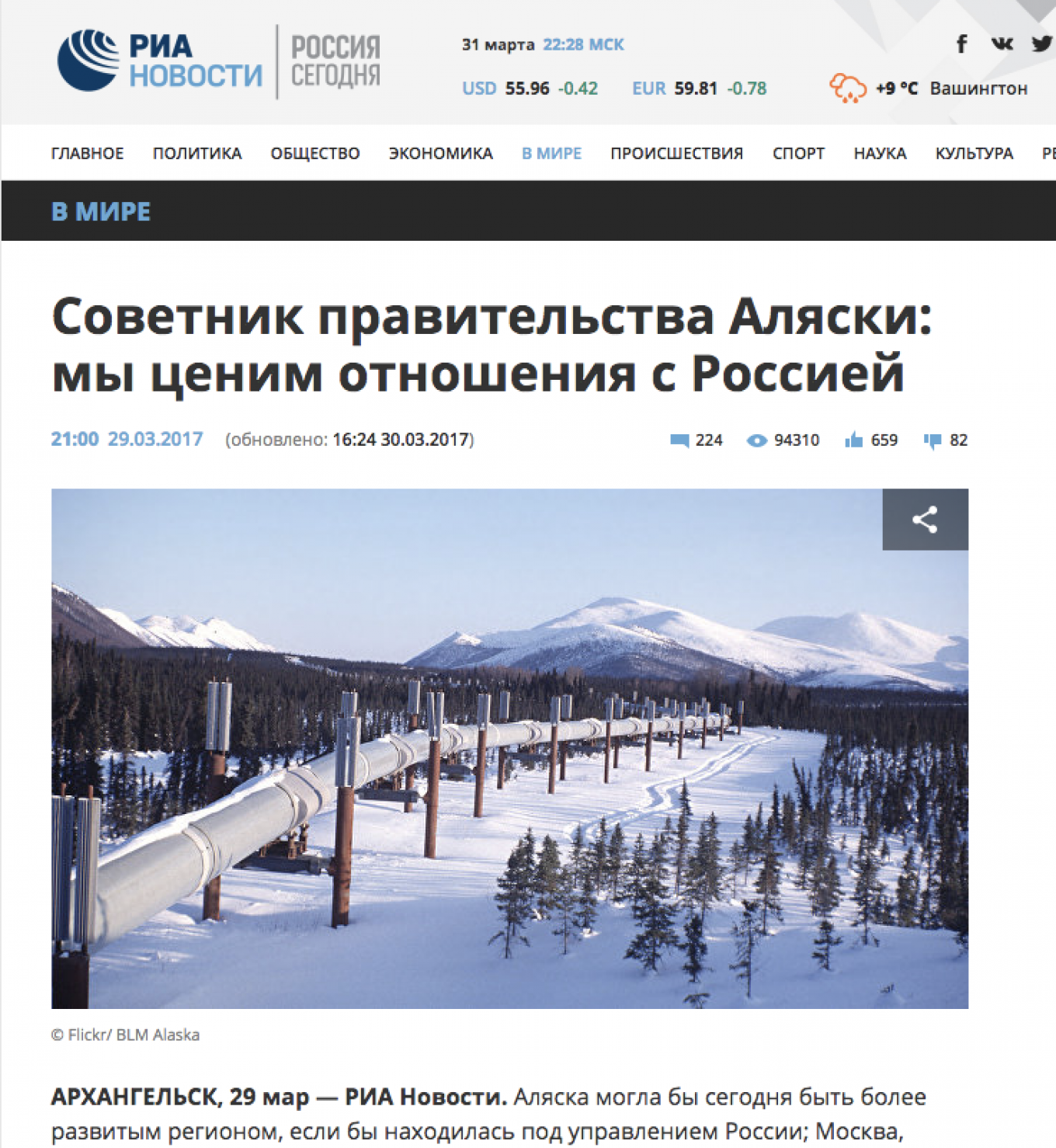
In an audio tape published by RIA Novosti, moreover, Fleener only said Russia would have developed Alaska for “national defense” and “strategic position” reasons, without ever stating that Russian control would have been better for the territory, which is how dozens of other Russian news outlets then presented the story without nuance.
His comments in the recording are imprecise and contradictory, but RIA Novosti buried this ambiguity in its report and misrepresented what was actually said.
We are happy to have given Mr. Fleener the opportunity to correct his message, and apologize if this attention has inconvenienced him in any way.
A Message from The Moscow Times:
Dear readers,
We are facing unprecedented challenges. Russia's Prosecutor General's Office has designated The Moscow Times as an "undesirable" organization, criminalizing our work and putting our staff at risk of prosecution. This follows our earlier unjust labeling as a "foreign agent."
These actions are direct attempts to silence independent journalism in Russia. The authorities claim our work "discredits the decisions of the Russian leadership." We see things differently: we strive to provide accurate, unbiased reporting on Russia.
We, the journalists of The Moscow Times, refuse to be silenced. But to continue our work, we need your help.
Your support, no matter how small, makes a world of difference. If you can, please support us monthly starting from just $2. It's quick to set up, and every contribution makes a significant impact.
By supporting The Moscow Times, you're defending open, independent journalism in the face of repression. Thank you for standing with us.
Remind me later.


